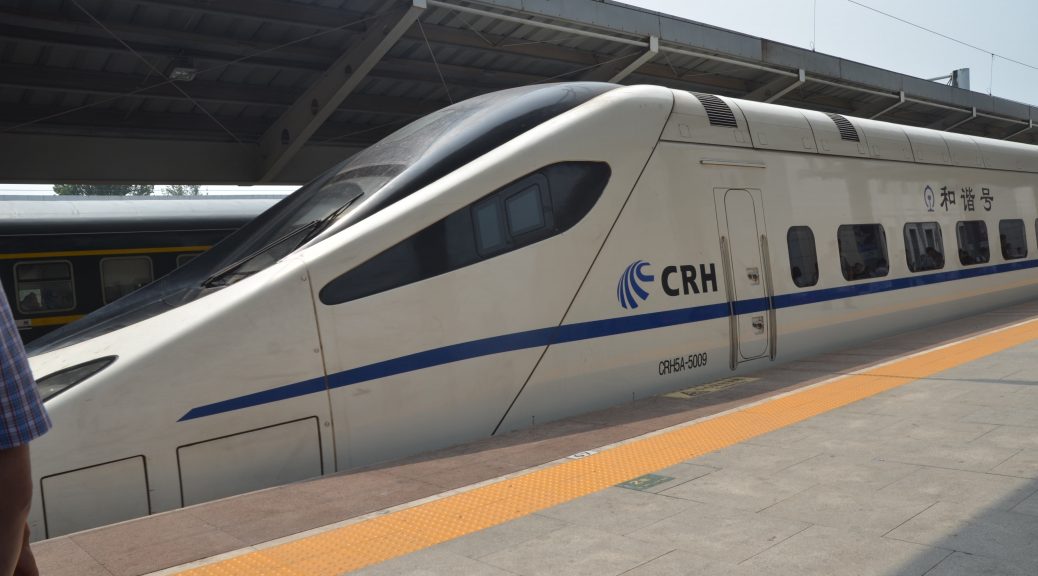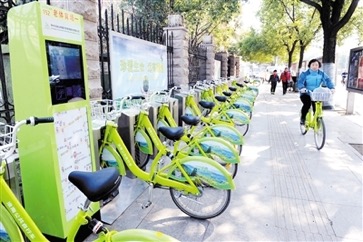By Xuefei Chen Axelsson
2017 Stockholm International Arts Festival has just concluded with its theme focusing on China Dream and a Peaceful and Harmonious World.
 Wang Changning, Director of the Consulate of the Chinese Embassy said the festival presents different styles of arts from many different countries including China and Sweden. This is conducive to promoting China Dream and mutual understanding between Chinese and Swedish people and promoting the world peace.
Wang Changning, Director of the Consulate of the Chinese Embassy said the festival presents different styles of arts from many different countries including China and Sweden. This is conducive to promoting China Dream and mutual understanding between Chinese and Swedish people and promoting the world peace.
“I think this festival is very meaningful in serving as a bridge between Chinese and Swedish people through music , singing and dancing.” said Wang.
 Shuang Yan, director of the festival said this has been the fourth International Arts Festival which had been held in Australia, Spain and Russia.
Shuang Yan, director of the festival said this has been the fourth International Arts Festival which had been held in Australia, Spain and Russia.
This time it is held in Stockholm and jointly organized by Europe-China International Culture, Education and Business Development Association and Beijing Sunset Show Foundation.
 Timothy Pillotti plays Peking Opera, Stopping the Horse.
Timothy Pillotti plays Peking Opera, Stopping the Horse.
“The main purpose is to promote China Dream and building a peaceful and harmonious world through cultural exchange and communication.” said Shuang.
 Zhu Yingying performs Xi Opera A Bird on the Branch very vividly.
Zhu Yingying performs Xi Opera A Bird on the Branch very vividly.
Shuang said there were four main parts of the festival including the music camp participated by Chinese and Swedish students, World Peace Day celebration concert, collectively and individual music contests and the grand closing concert.
 Ruijing Voice of Arctic Choir, commander Yang Xiaoyin.
Ruijing Voice of Arctic Choir, commander Yang Xiaoyin.
The concert attracted a lot of famous Chinese professional artists from China, Sweden and Norway as well as art troupes from these countries.
 Zou Rongmei sings Jasmine Flower.
Zou Rongmei sings Jasmine Flower.
Zou Rongmei, Li Jia, Yang Xiaoyin and Zhu Yingying are professional singers while Shuang Yan plays piano, Wu Jing plays flutes and Jin Xinrui plays Gu Zheng. Timothy Pittli plays Peking Opera and Anders Delin plays Guitar.
There are also many amateur choirs and dancing troupes performed during the concert.
 Sofie Aspeqvist, Head of Cultural Affairs of Sundbyberg Municipality said it was very interesting.
Sofie Aspeqvist, Head of Cultural Affairs of Sundbyberg Municipality said it was very interesting.
“I am overwhelmed I couldn’t imagine what evening it would be. I am overwhelmed by the participants, they are really doing their best of all ages, either professionals or amateurs, they are all doing their best , the glimpse of everybody doing their most, and it is fantastic, I think. And it is a generous feeling, I would say, it is very supportive and everybody is supporting the other.”
 Layali Orientalska Dansakedemien performs oriental dance.
Layali Orientalska Dansakedemien performs oriental dance.
Aspeqvist said this concert is also very meaningful.
“It is wonderful that music and dancing and singing unites people across borders, because even if we don’t speak the same language but we can sing and dance and perform together and that is really fantastique, ” said Aspeqvist.
 The famous Chinese Yellow River Music and singing by Zou Rongmei were very well performed this time with all the participants singing in a concert.
The famous Chinese Yellow River Music and singing by Zou Rongmei were very well performed this time with all the participants singing in a concert.
Leo Long Lindblom became the youngest piano player during the concert.
 About five hundred people including both Chinese and other nationalities audiences attended the grand closing concert and gave their constant warm applauses during the two hours and a half concert.
About five hundred people including both Chinese and other nationalities audiences attended the grand closing concert and gave their constant warm applauses during the two hours and a half concert.
With almost a year of preparation and long time exercises, every one has played to their best and gave the audience a very good impression with all kinds of performances, singing and dancing.
After the concert, a grand award issuing ceremony for the afternoon contest was also held with honorary guests and artists and choirs.
More photos:
Jin Xinrui plays Guzheng.
Russian Vesna Choir sing Russian songs.
Norwegian Chinese Dance Troupe.
Voice of Arctic Choir.
Norwegian Dance Troupe.
Singer Yang Xiaoyin sings Father’s Prairie and Mother’s River.
Pianist student from Sundbybergs Stad.
Chinese women play Qipao show and umbrella dance.
Wu Jing plays flute.
Anders Delin plays Gitar.
Shuangyan, Wujing and Anders Delin play tremble.
Three men sing a Chinese song Good people have good dreams.
Swedish Chinese choir sing the Field of Dreams.
Anhui Rainbow Choir.
Award issuing ceremony.
Zhang Qiaozhen, right, Director of Sweden-Chinese Entrepreneurs Association gives diploma to Zhang Jian, Commander of Anhui Rainbow Choir.
The concert concludes.
Four hosts: Kuang Fuyang, Åsa Wretman, Deyan, Huang Sisi.
Horary guests Wang Jianrong, Wang Changning, Liushaohui and Liang jinsheng. Reporter front, Chen Xuefei.
Photo by Tangbing. Text by Xuefei Chen Axelsson.
























































![Doctor Yang Chungui, President of Acupuncture Science Association in Sweden speaks at the graduation in Stockholm on March 25, 2017. [Photo: China Plus/Chen Xuefei]](http://huayuncp04.china.com/650x0/201703/30/d4dd1fb8-2ba0-877a-9e6c-bfadd5eb61b5.jpg)











































